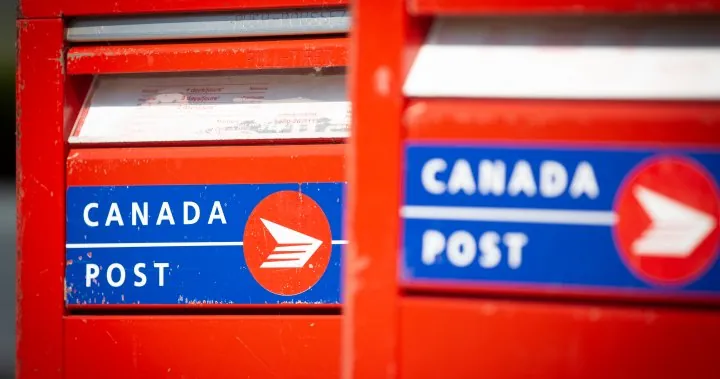
Desperate Times for Liberals: Why They Should Resist Bloc Demands at All Costs
2024-09-26
Author: Liam
In-Depth Analysis
The current political landscape in Canada is fraught with tensions, particularly as the Liberal government finds itself cornered and contemplating potentially disastrous alliances. Facing mounting pressure from the Bloc Québécois, led by Yves-François Blanchet, the Liberals must remain cautious—compromising with Blanchet could lead to dire consequences that threaten national interests.
The Bloc has issued an ultimatum: by October 29, if the Liberals do not support two of its proposed private members' bills, it will withdraw its support for the government in confidence motions. This move is indicative of the Bloc's escalating demands and the precarious position of the Liberals. Initial talks appear to be stalled, with Finance Minister Chrystia Freeland acknowledging ongoing discussions while Blanchet claims no actual dialogue has taken place.
Blanchet's bills, however, are raising eyebrows due to their potential negative implications. The first, Bill C-319, seeks to broaden eligibility for a 10% increase in Old Age Security benefits to those aged 65 to 74. While this may sound compassionate, the reality is that increasing benefits without means-testing could impose an additional burden on an already strained national budget. Economists like Trevor Tombe illustrate the severity of the situation, emphasizing that the Canadian government currently allocates nearly $80 billion annually on seniors' benefits, a figure anticipated to grow.
The second bill, Bill C-282, calls for exempting Canada's supply-managed agricultural sectors—namely eggs, chicken, and dairy—from future trade negotiations. This would effectively limit Canada’s ability to negotiate favorable terms in international markets, potentially leading to retaliatory measures in sectors like beef and pork. Critics, including former diplomat Senator Peter Boehm, have denounced the proposal as "deeply flawed," warning it could hinder Canada's competitive edge globally.
At a time when the Liberals are trying to reduce the deficit and manage the debt-to-GDP ratio, acquiescing to the Bloc's demands would likely steer the government off course. Instead of yielding to short-term electoral pressures, the Liberals should prioritize long-term fiscal responsibility.
And while it may seem politically perilous, the arithmetic in Parliament remains favorable to the Liberals as long as they maintain support from the New Democratic Party (NDP). This alliance has proven resilient so far. The strategic relationships between parties matter significantly; failing to heed the Bloc’s demands could afford the Liberals greater stability, no matter how insistent Blanchet may become.
In summary, while the pressure is mounting, the Liberals must remember that negotiating with the Bloc could lead to far worse consequences down the line. As they navigate these turbulent waters, one thing is clear: they must not let desperation dictate their decisions. The stakes for Canada's political future are too high, and playing into the Bloc's hands would be a gamble with precarious long-term ramifications.









 Brasil (PT)
Brasil (PT)
 Canada (EN)
Canada (EN)
 Chile (ES)
Chile (ES)
 España (ES)
España (ES)
 France (FR)
France (FR)
 Hong Kong (EN)
Hong Kong (EN)
 Italia (IT)
Italia (IT)
 日本 (JA)
日本 (JA)
 Magyarország (HU)
Magyarország (HU)
 Norge (NO)
Norge (NO)
 Polska (PL)
Polska (PL)
 Schweiz (DE)
Schweiz (DE)
 Singapore (EN)
Singapore (EN)
 Sverige (SV)
Sverige (SV)
 Suomi (FI)
Suomi (FI)
 Türkiye (TR)
Türkiye (TR)